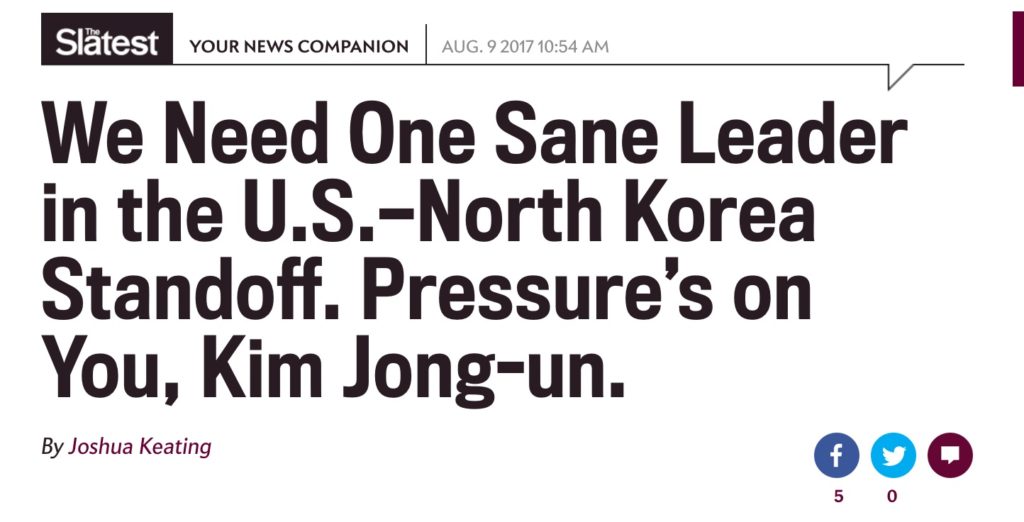Terrific blog post by Simon Wren-Lewis. Worth reading in full, but here’s the nub of it:
It is an awkward truth that what many people wanted when the voted Leave is either simply impossible, or cannot happen without making everyone significantly poorer year after year. It is this reality that keeps the government in a fantasy world. Almost no one who voted to Leave is going to be happy with the result of government decisions. Those who wanted better access to public services will not get it. Those who wanted more sovereignty will find their sovereignty sold off cheap in a desperate attempt to get new trade deals. Those who wanted less immigration will also find their wishes largely frustrated because the UK cannot afford to reduce immigration.
The parallels with the US are clear. The Republicans, after spending years denouncing Obamacare, found they could not produce anything better. Those promoting Leave also did so without any thought to how it might actually happen, and therefore they have nowhere to go when confronted with reality. As a result, the government invents a magical customs union so that Liam Fox can have something to do. I have never known a UK government look so pathetic.



